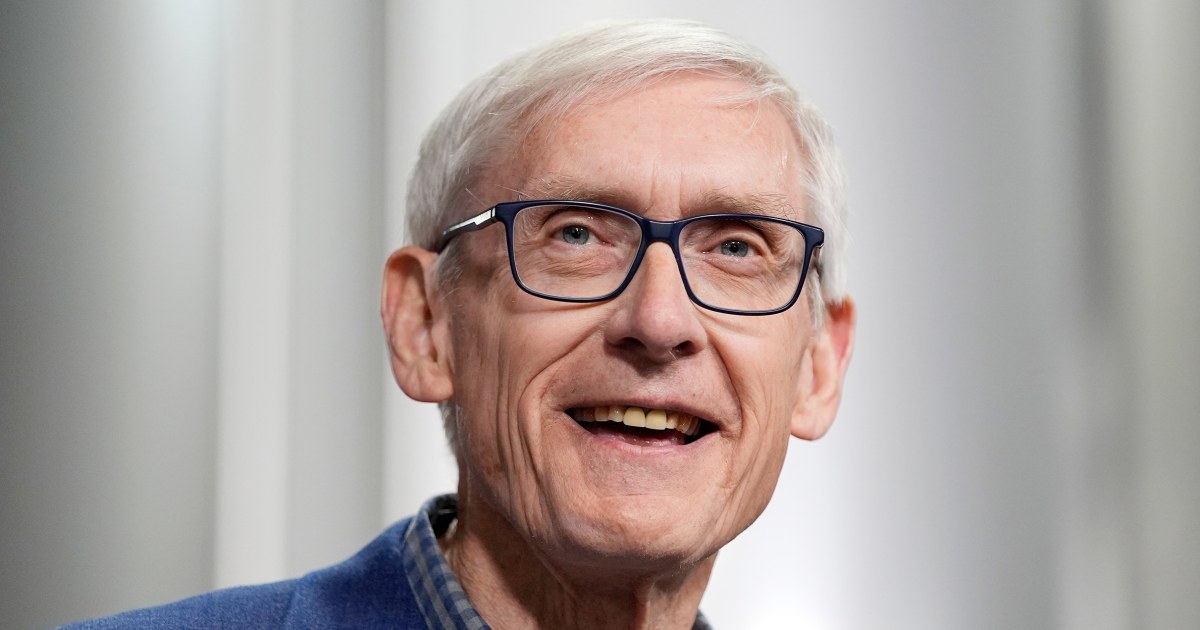At this stage in my life, I have had some kind of a job since I was 16. This does not include the cash-only ventures like lawn mowing and painting that most boys of my generation grew up doing. That’s about 40 years of working for “the man.”
You are pretty much guaranteed to be working for most of your life, and we hope we find work that we actually enjoy, something we have some choice over and not just a default position. With the number of times we change jobs now, that is a constant battle, and if one is fortunate enough, some of those working years will include time on a pension or a bit of cash you did put away for a rainy day, or perhaps you bought property, stock, collectibles or anything you think will maintain value if you need to sell later. Any financial analyst worth their frugalness will tell you to do exactly this and not to put all of your eggs in one basket. Maintaining the right balance means limiting your risk in being wiped out by one bad decision, an unfortunate accident, or shit happening you have no control over.
That’s a lot of things you’ve got to get right.
If you continue to follow this model of balance, you’ve also probably married well, bought a house, kept your debts low, kept your insurance high, and so on.
You’re living the American Dream.
What I’ve begun to realize is that the fight for the dream has always been more of an aspiration for many and not necessarily a reality for most. Unless you’re in what I would call the three big pots (medicine, IT, law), getting there is harder and harder to do, and even with these prized positions, the journey is still full of pitfalls and frustration.
I’m going to make some assumptions to make a couple of points.
What is it that we want to show our success in life? I assume it is:
A good job.
A nice house for a family.
Good friends and neighbors.
Having these three things “should” lead to some peace and tranquility. My oldest son says he wants his, “own lawn to mow and meats to cook”. I’m going to decide that falls under the first two bulleted items and that I’m on the right track. I’m sure there are other wishes and wants but these are the big three.
A good job means we make a living, we’re respected, stimulated, can afford things, and so on. A nice house means we’ve done well enough to fit in, have something to be proud of, and be able to raise a family, sort of like building the nest. Good friends and neighbors mean we’ve developed socially enough to get along with others and share in the journey.
For most of us, the good job is the primary to get to the other three. The big three job providers in today’s culture are IT, Health, and Law. Go back a hundred years and most likely Agriculture was one of the big three providers of jobs. I’m using these categories broadly to include such things as being a nurse practitioner, a software developer, and for Law, money management.
Health is a good career because there are always jobs available, good pay in comparison to other work, and you’re helping people in their time of vulnerability, but even this journey to the dream is getting more and more stressed. There are 12-hour shifts, limits to the number of nurses on the floor, and cranky patients. Surveys have reported higher workloads than ever and up to 30% of workers considering leaving the profession. There is paperwork, policies, and procedures that parcel out and determine the level of care and liability. The decisions on what kind of care you can get or give can be made for reasons other than your health and your doctor’s professional opinion. Since the day that The Beaver or Opie was born, there’s no more house calls and you better make sure that you are on some kind of health insurance before you start planning to have babies (and medical malpractice insurance if you deliver them).
IT is also a good career though one has to keep up with changes and equipment and everything one touches is going digital while the use of AI is going to be the next upset of the apple cart, though we have yet to envision just how much AI will change things and we don’t know how to regulate it.
Social media titans are getting more kid’s attention than their parents and just as television completely upended family dynamics, social media is doing the same. Take a look at rates of mental health or the levels of distraction and loneliness. The amount of time spent on screens is through the roof and though IT jobs are everywhere and America runs on data, not Dunkin, this massive transformation to a digital scale of living has also come with a lot of stress and anxiety. While almost half of IT workers report feeling more productive with these new digital tools, they also report feeling inadequate and stressed to keep up.
Law, lawyers, and legalese have been a career path since Machiavelli whispered into the ears of rulers on how to strike the proper balance and Solomon ruled to cut the baby in half to get to a just decision. Legalese is much, much broader than practicing law as it is at the heart of the paper trail that has created hundreds of thousands of jobs but also turned citizens into mind-numbing pushers of paper and detached and fearful of each other. Legalese is even getting coopted by algorithms that assess risk and liabilities and hence your effort to strike a balance in life must be signed off on by someone somewhere and maybe even an AI-created lawyer is in the future. This from a field where the American Bar Association already reports higher levels of depression and risk of alcoholism among students who want to be lawyers, and an average of 54 hours of legal work a week in the profession.
If these three fields are some of the best ways to chase that American dream, and there are these many problems, I think we have a real misalignment between expectations and outcomes.
Here’s the key.
No matter what career path you end up in, don’t accept that this is the best it can be and that this position defines you. Don’t settle for what previous tenants of your position created as the status quo.
I recently sat down with some friends to compare career paths and discovered something. We could use a good pause to reflect on ourselves and our actions. Most of us have had these experiences of seeking a good job and wanting a balance in our lives, and maybe we’ve put too much emphasis on identifying ourselves by our work. Maybe this has allowed us to accept a lot of nonsense on the journey toward the dream. We’ve gone so far as to make many of our jobs miserable by dispersing the decision-making and giving away our ability to discern and make good judgments. Special note: For a good intro to the havoc, read The Death of Common Sense by Philip K. Howard.
Careers and jobs will change. Sizes of homes. Friends and neighbors. Most will change. What needs to be consistent on the journey is a better appreciation for work. That’s what we do all of our lives. It can be hard work, but it needs to be respected as the thing we spend the most time on.
It really is the working to live part of it. We put so much emphasis on results, profit, increase, outcomes, or gain, it has given too much license to make the journey of work difficult and to take the human part out of it.
That is unnecessary.
It’s past time to stop making work a chore, as an employee, a boss, an owner, a policy maker, or a customer, and allow everyone’s journey to flourish.
Middle Class Woes
This recent report from the Washington Post: How Americans define a middle-class lifestyle — and why they can’t reach it fits in nicely with what I just wrote and makes a good comparison for what everyone thinks means middle class: a job, a house, healthcare, retirement savings, etc. Most people in the poll are describing the middle class as being between $75,000 to $100,000 in income. I think that’s about right though those on either end may wish to disagree. What surprised me so much is how cavalier some of the people interviewed talk about the categories of middle class always having been a myth, and I think this constant crush to get there is at least partly responsible for our anxiety today.
Whatever you want to call it, the broad category of people that we consider middle class, probably still have these wants of money, home, and health as goals. While I think more money will always be a classic identifier, I’m not so sure owning a home will continue as a deciding factor.
I think the future is going to be much more about the journey of work and not necessarily getting to possessions. How much leisure vs. working time will I have, and will I have access to healthcare. I continue to believe a Medicare-for-All system will be the fix we need, allowing the savings of more personal funds, reduced costs to businesses, and ensuring more working years with adequate health care.
Last week I wrote about the murder of Alexei Navalny. This piece by historian Ruth Ben-Ghiat further solidifies Navalny’s role in standing up to oppression and fighting for democratic principles. I went to Russia as a young man and all the leaders I read about, most have been killed.
We can’t get used to this. There’s nothing debatable here. The average Russian and Ukrainian need our help, and we have it to give.
As Hitler and his small band of followers did to Germany and then Europe, it is Putin and his supporters that have created havoc in Russia and now Ukraine.
Read and know your history.
Something Good
This is big because it’s fair. Read the details. Both sides are not completely happy. I hope we can agree that in our system, people need to be able to vote and they need to have representation. Individuals in both parties have at different times tried to circumvent both things. The disagreement is the degree to which one side may have done more than the other. In this example, the outcome is bipartisan and its better. It’s “more perfect.”
That’s a good thing.
And Now….
Hope to see you next time. Keep reading, practice your gratefulness, and remember: Be a good human.









